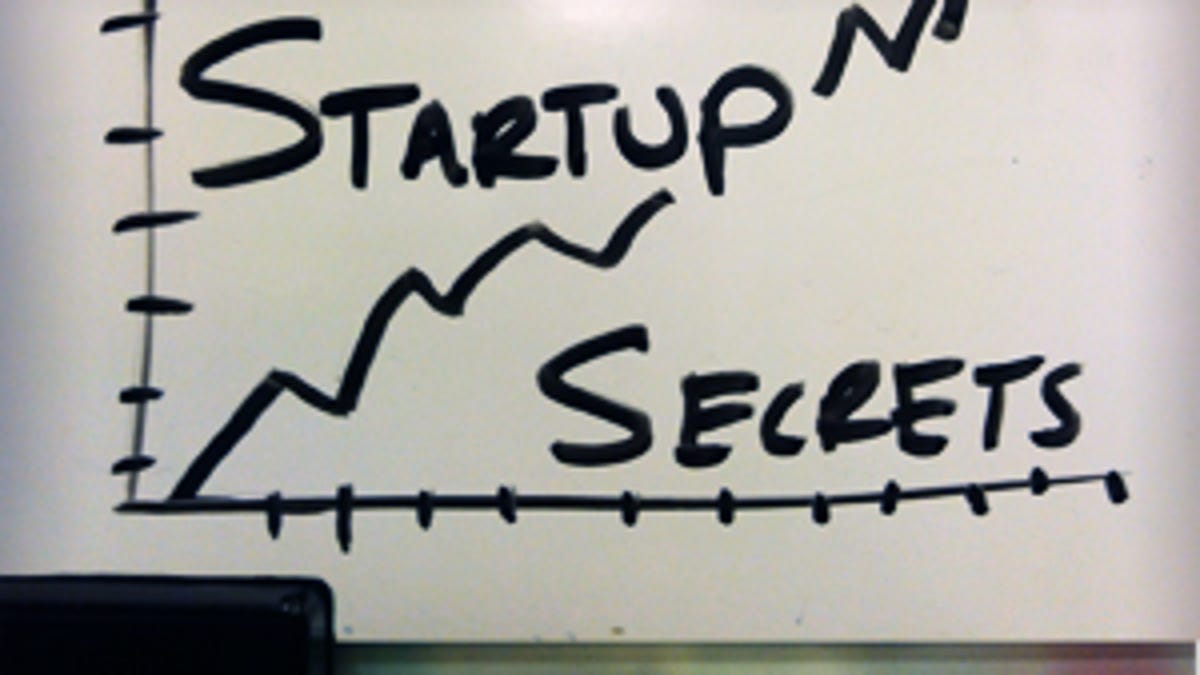Startup Secret No. 23: RIM's Lesson
Learn from RIM's shared-CEO disaster: Leadership is a solitary business.

--Roger Cheng, Senior Writer, CNET News
Why did it take RIM so long to dump its ridiculous Pushmi-pullyu CEO management structure? Because two people can't act as quickly as one. Especially when what they need to act on is their own job performance.
RIM was set up with a built-in committee at the top of its organization. It looked like a bad idea from the outside, and the dual CEOs didn't overcome that perception through job performance. Theoretically, they could have, and they would have rewritten management theory if they did. They didn't.
Even after stepping down from the top spot, co-CEO Mike Lazaridis will remain at the company as the head of a new "innovation committee."
This is not going to work.
Innovation has to be driven from the top. This isn't to say that you can't use labs or think tanks. The iPhone didn't spring fully formed from Steve Jobs' forehead. World-changing inventions do come from people, even groups of people, who are not in leadership positions: Look at Xerox PARC, IBM Almaden, and so on. But it takes a strong leader to rally a company behind an invention.
Great companies are driven not just by vision. Not just by management or operational chops. Greatness in business also requires agility and risk-taking, the ability to adapt quickly to changing markets or technologies. Apple changed from a computer company to a device company. And then it upended the music industry. Timidity or group-think (I know, I'm being redundant) could not have done this.
Jobs' shadow looms large over technology. Modern bubble darlings are being set up right now to allow their CEOs unprecedented control over their companies. Facebook's Mark Zuckerberg has locked-in control over the board of a company he owns just 24 percent of, thanks to his Class B shares that give 10 times more voting rights than ordinary shares. Google and Linked In also have Class B shares, set up for founders.
As Zynga CEO Mark Pincus says, "What really matters is that you control your board...Valuation is not what matters." (See the video.) Pincus' Class C shares, a class created just for him, give him 70 votes per share.
Of course you can't maintain control of a company forever if you suck at it. As RIM indicates, you can, though, set up a structure where it takes a long time before you get the ax. But do not confuse job security with the freedom to act decisively as a company leader. One setup may look a little like the other, but they are very different.
Startup Secrets is based on personal interviews with people building companies and from their blog posts and news stories. Subscribe to Startup Secrets on Twitter or come back to Rafe's Radar every day for a new one. See all the Startup Secrets.

